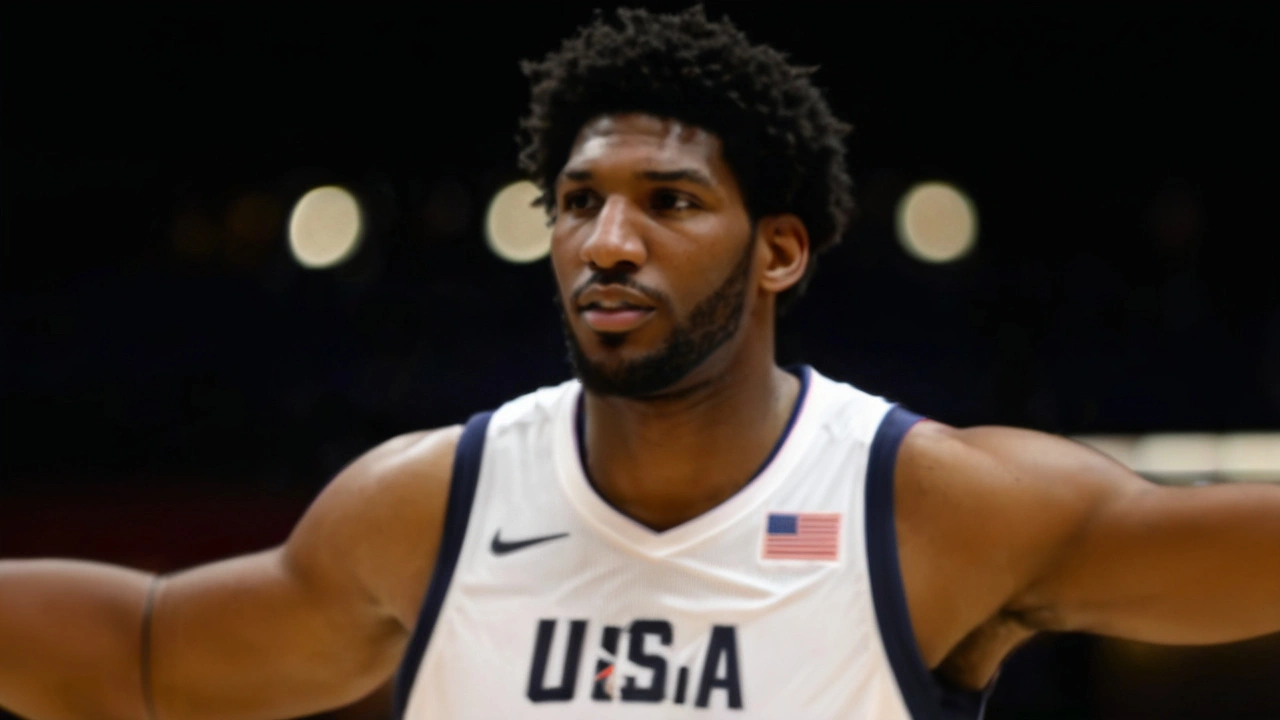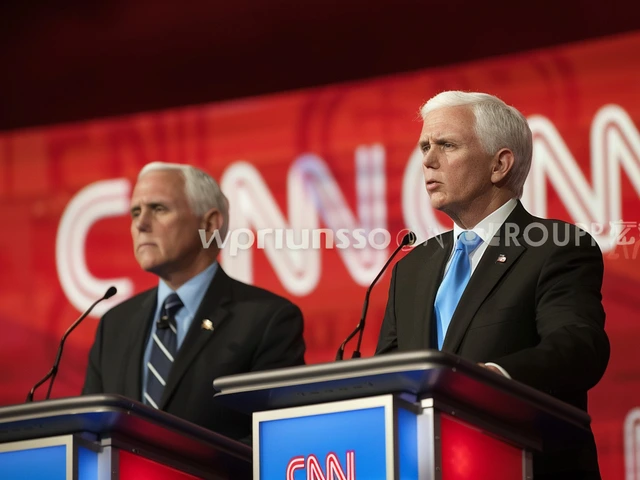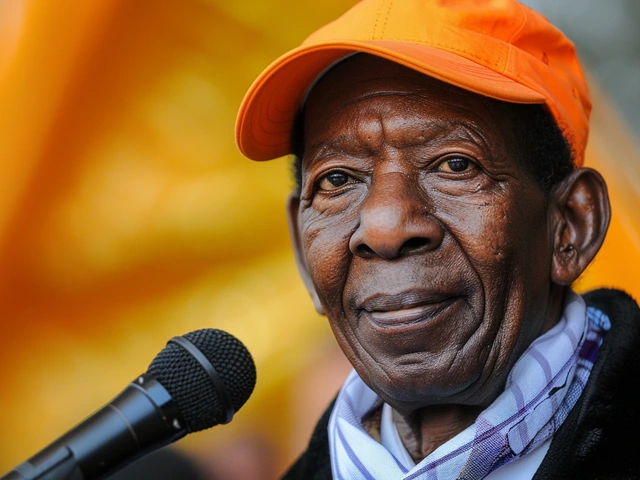A Surprising Decision: Embiid Out, Davis In
The decision to bench Joel Embiid, one of the NBA's most formidable centers, has not only stirred conversation but also highlighted the thought-provoking strategies employed by Team USA's head coach Steve Kerr. In their 103-86 triumph over South Sudan, Kerr opted for a starting lineup that favored Anthony Davis of the Los Angeles Lakers. This call meant that Embiid was the sole player on Team USA who didn't see any playtime during the game.
Kerr's Strategic Rotation
Kerr’s decision was not made lightly. He emphasized that his rotation and lineup choices would be heavily influenced by matchups and the specifics of each game. “That's how we're going to do this,” Kerr remarked following the game against South Sudan. “Whatever we need to do to win each game, that's what we're going to do.” Clearly, this adaptive strategy was pivotal in ensuring Team USA’s progression to the quarterfinals. The impact of this approach was evident as Anthony Davis contributed 19 minutes of play, accumulating eight points, seven rebounds, and three assists.
Impact on Embiid
For Embiid, who is a two-time NBA scoring champion and the 2022-23 MVP, the Olympics has posed several challenges. Prior to the game against South Sudan, his performance in the win over Serbia was underwhelming, logging only 11 minutes, scoring four points, and shooting 2-for-5 from the field. His struggle at the free-throw line, an area where he typically excels in the NBA, further compounded these challenges. Despite his reduced role, Kerr's comments suggest that Embiid will return to the starting lineup in future games.
A Glance at Team Dynamics
The dynamic between individual star players and the holistic needs of the team is a delicate balance. Besides Embiid, Jrue Holiday was also shifted out of the starting lineup, being replaced by Jayson Tatum. Tatum, who did not play in the game against Serbia, showcased the fluid and unpredictable nature of Kerr's strategy. These decisions underline the importance of adaptability and the willingness to make tough calls for the greater good of the team.
Team USA's Journey in the Olympics
As the tournament progresses, Team USA's journey has been marked by challenges, adaptability, and moments of brilliance. The team's exhibition performances saw Embiid averaging 10.4 points, 6.8 rebounds, and 2.6 assists in approximately 16.6 minutes per game. However, the real test lies in the knockout stages, where every decision, every minute of play counts. Kerr’s approach, focusing on winning each game irrespective of the name on the back of the jersey, will undoubtedly be tested as they move ahead.
Looking Ahead
Looking forward, Team USA is set to face Puerto Rico. This game, scheduled for Saturday at 11:15 a.m., will be another arena where Kerr’s strategic brilliance will be on display. Fans and analysts alike will be keenly observing to see if Embiid returns to the starting line-up and how the team adjusts to this ever-evolving rotation.
The Larger Picture
The story of Joel Embiid being benched is a microcosm of a larger narrative. It speaks to the complex and often harsh realities of competitive sports, especially on the international stage. It also highlights the critical role of coaching in navigating these waters, making decisions that might seem controversial but are aimed at achieving the ultimate goal: victory.
The ongoing Olympics will continue to be a platform where these strategies, individual performances, and team dynamics play out in real-time. For Embiid, and indeed for all players, it remains an opportunity to showcase resilience, adaptability, and the relentless pursuit of excellence.
Final Thoughts
In the grand scheme of Team USA's campaign, the spotlight may shift from one player to another, from one game to the next. What remains constant is the underlying drive to clinch gold. As the team gears up for their next challenge, fans can expect more strategic surprises, individual triumphs, and a cohesive push towards Olympic glory.






